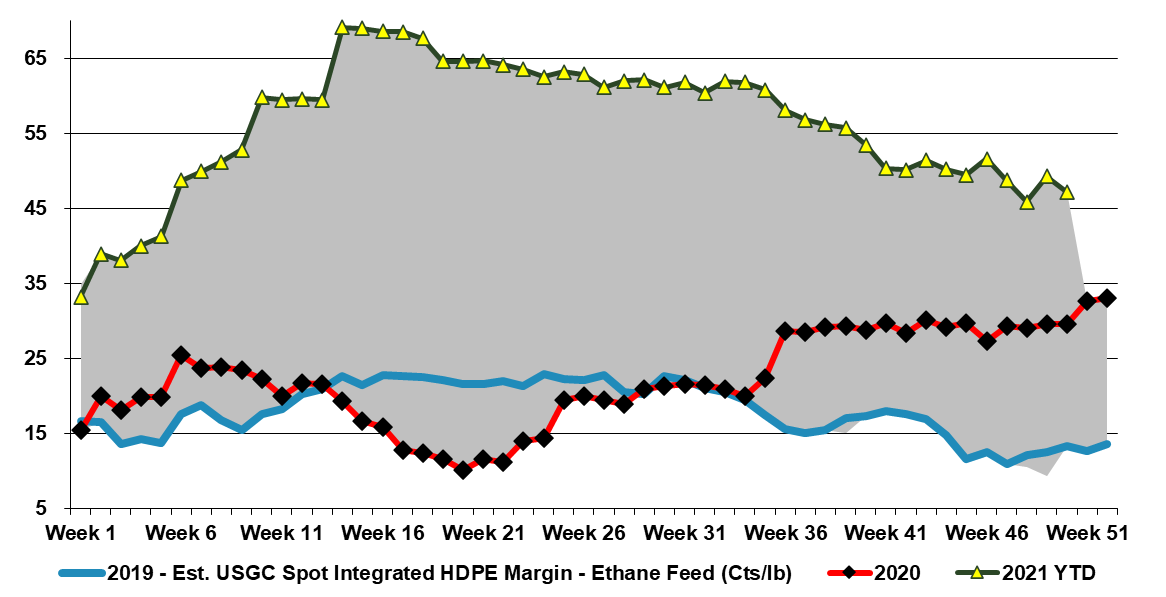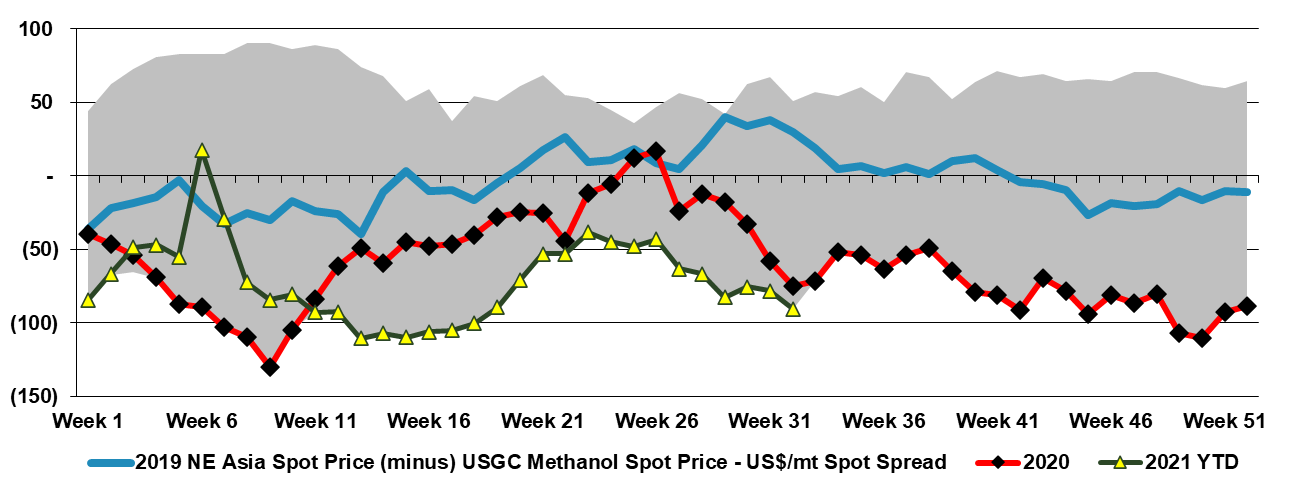Following on from the LyondellBasell commentary in today's daily report, we would make one further, but very important point. With its refinery (granted the company is exploring opportunities to exit) and its huge commodity polyethylene, polypropylene, and propylene oxide business, any attempt to pursue a “specialty” strategy that encompasses the whole portfolio will be seen (crudely) as trying to put some lipstick on a pig! This rarely works in the chemical sector and the real transformation stories involve wholesale portfolio shifts, many of which have taken notable periods of time to develop. We still believe that the right path for LyondellBasell is to spin off the good piece – recycling, licensing, and compounding, or even better, find someone they can sell the business to through a Reverse Morris Trust. This strategy would likely allow the company to pay down (or shift) a significant amount of debt. The commodity business can then focus on the best strategy for a commodity polymer business in the face of energy transition, which might involve taking the business private or merging with another.
Many Adjustments Ahead For LyondellBasell
Dec 14, 2021 1:27:36 PM / by Cooley May posted in Chemicals, Recycling, Polymers, Propylene, Polyethylene, Polypropylene, LyondellBasell, Chemical Industry, energy transition, US Exports, specialty chemicals, Polyethylene Capacity, US polyethylene, US polypropylene, commodity chemicals, refinery, commodity polymer
US Methanol - Evaluating Exports Amid Premium Domestic Product Prices
Aug 10, 2021 12:48:59 PM / by Cooley May posted in Methanol, natural gas, US Exports, methanol surplus
The methanol supply constraint in the US will add to the price momentum that we are seeing today, in part helped by the higher natural gas price. Despite the higher US natural gas price and the much weaker Asia price, there is still enough margin in US exports to Asia to justify the trade, although US producers would see meaningfully lower margins from these sales. However, to keep the US market balanced, pushing any surpluses offshore makes more sense than pushing into the domestic market and risking price declines. Much as in the polymer markets, US domestic sellers have quite a bit of pricing protection because of the high costs of getting any competing material into the US. See more on Methanol in today's daily report.



